If you haven’t heard the word “blockchain,” you will soon enough. It’s the technology behind Non-Fungible Tokens (NFTs), which have been making a lot of news this year. Cryptocurrencies like Bitcoin rely on blockchain technology as a foundational measure of security, preventing theft or counterfeiting. It’s reliable and effective tech, and all the success stories around NFTs and cryptocurrencies have people looking to see where else in the world, and in what business sectors, blockchain technology could be used.
The pharmaceutical industry is one that has a particular interest in adopting it, especially in the U.S., where the deadline for compliance with the Drug Supply Chain Security Act (DSCSA) looms large. Enacted as a measure of security, and mandating the monitoring of prescription drugs as they make their way through the supply chain, the DSCSA is the biggest motivator behind Pharma’s interest in blockchain. To understand why, you have to really understand what the technology is.
Blockchain: A Quick Primer
How blockchain works might be complex and dense information, but you don’t have to be tech-savvy to understand its value. Simply put, blockchain acts as a system of checks and balances against digital fraud. It records data in such a way that makes falsifying any of that information next to impossible. As a form of Distributed Ledger Technology (DLT), it replicates, synchronizes, and validates recorded data across multiple sites and servers, creating informational redundancy as a safeguard. In doing so, DLT has to meet certain criteria systematically, the most important of which are:
- Every participant in the network has a copy of the ledger
- Every individual record needs its own encryption
- Every record’s validity must be agreed upon by every participant
- Every validated record must be unchangeable/irreversible
- Every transaction gets a timestamp
If you’re familiar with the requirements of the DSCSA , then maybe you’re starting to see how blockchain could be used toward compliance. And you wouldn’t be the only one.
Practical Applications of Blockchain
In December of 2019, four companies completed an Interoperability Pilot mandated by the DSCSA to develop a blockchain-based network in support of the law’s mission. IBM, KPMG, Merck, and Wal-Mart all worked together to create the Pharmaceutical Utility Network (PhUN). Because of the blockchain technology at its foundation, the network is inherently secure as it facilitates compliance with DSCSA. The participants found that the Pilot setup made it far easier to: monitor and trace prescription drugs along the supply chain; identify and prevent distribution of counterfeit drugs; and recall drugs when necessary. Beyond the security of the system, using the PhUN increased the efficiency of all these actions by an exponential factor. The time it took to trace a drug, for example, was reduced from 16 weeks to 2 seconds.
The industry interest in blockchain as a way to improve supply chain management has spiked in the last year. Before participating in the 2019 pilot program, Walmart had joined Mediledger, another blockchain-based industry network, along with other big players in the industry like Pfizer, McKesson, and Premier. Mediledger was launched in 2017, but interest in it gained traction in the wake of Covid-19. When the global supply chain nearly collapsed in the wake of demand for all kinds of medical supplies, pharmaceuticals included, the industry looked to Mediledger and blockchain as a way to move medicine into the future.
Not If, But When
The pilot has shown the value and benefit blockchain brings to supply chain management, and not just in the pharmaceutical industry. This isn’t news. As far back as 2018, during a conference put on by International Data Corporation, IDC research director Bill Fearnly noted that supply chains “are the killer use case” for blockchain. If the new technology doesn’t entirely replace today’s Electronic Data Interchange (EDI) solutions, it’s going to drastically alter the way they function under the hood. It isn’t a question of if it will happen, but when.
This changing tech landscape, along with the approaching DSCSA deadline and the recent success of the Interoperability Pilot, should serve as notice to any company in the pharmaceutical supply chain to get ready. The real world implementation of this shift has yet to take solid form, so it’s hard to say where it will take us. At this moment, the technology you have is not as important as the tech partners you work with.
Iptor understands the challenges our pharma customers face, and we’ve been helping them think about how to meet the requirements of DSCSA, to say nothing of actually helping them do it. Our tech partnership with IBM provides a direct conduit to the company leading the way in blockchain solutions. Whichever way the future shakes out, we’ll be ready—which means our customers will be, too.

